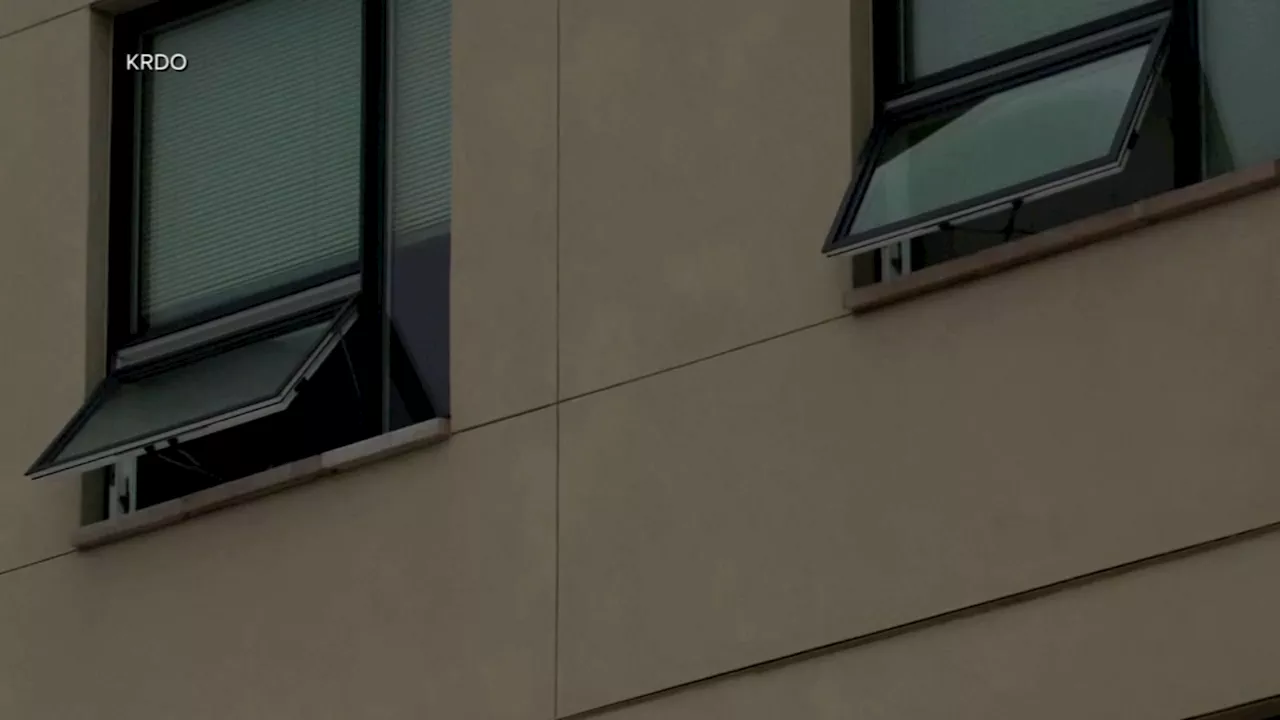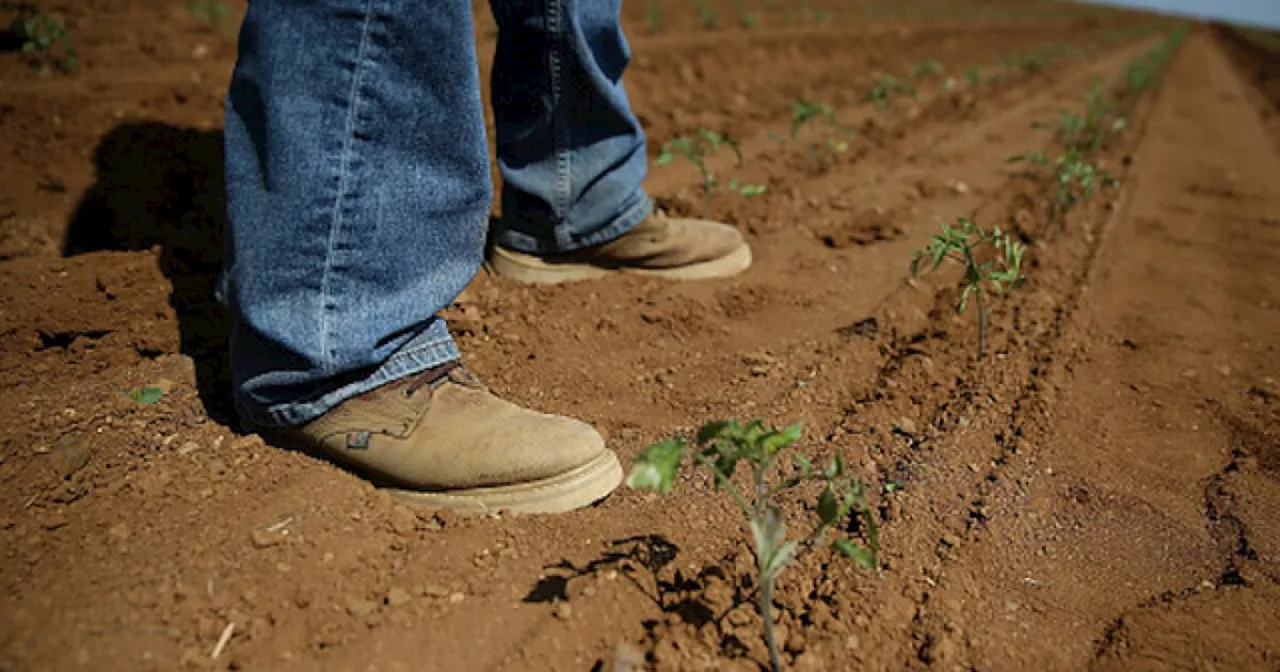The FAFSA rollout has been plagued with delays and glitches that have left students uncertain about how much financial aid they will receive as deadlines to commit to colleges loom.
Emmanuel Gil-Gonzalez, 17, a student at the Fred N. Thomas Career Education Center Early College, is pictured at the school in Denver on Thursday, Feb. 22, 2024. Like college applicants across the country, the teen is having problems applying for federal financial aid using the newly revamped Free Application for Federal Student Aid form.
Now, though, he worries he won’t be able to go to college at all due to a federal financial aid fiasco impacting students and colleges in Colorado and across the country.the online form known as FAFSA that determines how much federal financial aid a student can receive toward their college education based on their family’s income. The changes were supposed to bring about a more streamlined process that would provide more money to students and families.
Leaders within the U.S. Department of Education said they are trying to alleviate the consequences of the FAFSA delays. The department said it was reducing verification requirements, sending federal experts to under-resourced schools and giving money for technical assistance to nonprofits. Normally by now, though, many students would know how much federal aid they can expect. The delay has led schools in Colorado and around the country, including Metropolitan State University of Denver and the entire University of California and California State University systems, to push back the deadlines by which students must commit if they plan to attend this fall.
“Every week, something is new and changing,” Weiss said. “I used to feel very confident to tell students what the right choice was, and I don’t feel that confident anymore, and it’s not for lack of our team not knowing what we’re doing. There are just so many barriers to higher education, in general, and to add more inadvertently in a system that’s supposed to be better — that’s tough.”
“It’s important for me to fill out FAFSA,” she said. “I come from a lower-middle-class type of family with not enough money to get through college by myself. It makes me feel like I don’t have that sense of security of how I’m going to pay for my tuition.” “That, of course, means they’re disproportionately reliant on financial aid,” Marshall said. “This conversation for some institutions is sort of interesting but not relevant. For us, this is the backbone of our student body. Our No. 1 competition as an institution, who we lose students to, is not Boulder or Fort Collins. Our No.1 competition is no college at all.”
Durango’s Fort Lewis College plans to use institutional funds to match the money current Pell Grant recipients receive whose financial situation has not changed. Prospective students can get a financial aid estimate on a net-price calculator on the college’s website. The college also pushed back deadlines to confirm attendance to June 1.
With all colleges and universities in the same boat of waiting on the federal government, he said institutions are sympathetic to students’ plights and willing to be flexible.
United States Latest News, United States Headlines
Similar News:You can also read news stories similar to this one that we have collected from other news sources.
 2 found shot dead in dorm room at University of Colorado - Colorado Springs: authoritiesTwo people were found shot dead in a dorm at the University of Colorado - Colorado Springs, authorities said.
2 found shot dead in dorm room at University of Colorado - Colorado Springs: authoritiesTwo people were found shot dead in a dorm at the University of Colorado - Colorado Springs, authorities said.
Read more »
 Department of Education to Fix FAFSA Problem Costing Students $1.8 Billion in Lost AidThe Department of Education said it will fix a problem with the new Free Application for Federal Student Aid (FAFSA), which would have cost students about $1.8 billion in lost federal aid, according to news first reported by NPR.
Department of Education to Fix FAFSA Problem Costing Students $1.8 Billion in Lost AidThe Department of Education said it will fix a problem with the new Free Application for Federal Student Aid (FAFSA), which would have cost students about $1.8 billion in lost federal aid, according to news first reported by NPR.
Read more »
 Colorado librarian's new book highlights the importance of intellectual freedomJames 'Jamie' LaRue, the executive director of Garfield County Libraries, has written a book emphasizing the significance of intellectual freedom and the challenges of censorship. LaRue, who has extensive experience in the field, dedicates the book to readers and their right to read, as enshrined in the First Amendment.
Colorado librarian's new book highlights the importance of intellectual freedomJames 'Jamie' LaRue, the executive director of Garfield County Libraries, has written a book emphasizing the significance of intellectual freedom and the challenges of censorship. LaRue, who has extensive experience in the field, dedicates the book to readers and their right to read, as enshrined in the First Amendment.
Read more »
 Colorado’s quiet killer: Alcohol ends more lives than overdoses, but there’s been no interventionIn this four-part series, The Denver Post investigated why so many Coloradans are dying from drinking, and what the state could do to reduce the number of people lost.
Colorado’s quiet killer: Alcohol ends more lives than overdoses, but there’s been no interventionIn this four-part series, The Denver Post investigated why so many Coloradans are dying from drinking, and what the state could do to reduce the number of people lost.
Read more »
 Lawmakers propose bills to improve mental health care for Colorado agriculture workersBrandon Richard is a reporter for Denver7 in Denver, Colorado.
Lawmakers propose bills to improve mental health care for Colorado agriculture workersBrandon Richard is a reporter for Denver7 in Denver, Colorado.
Read more »
 Colorado River: A crisis from headwaters to deltaThis project explores the complex challenges facing the Colorado River basin through a visual journey using photography, informative graphics and maps.
Colorado River: A crisis from headwaters to deltaThis project explores the complex challenges facing the Colorado River basin through a visual journey using photography, informative graphics and maps.
Read more »
